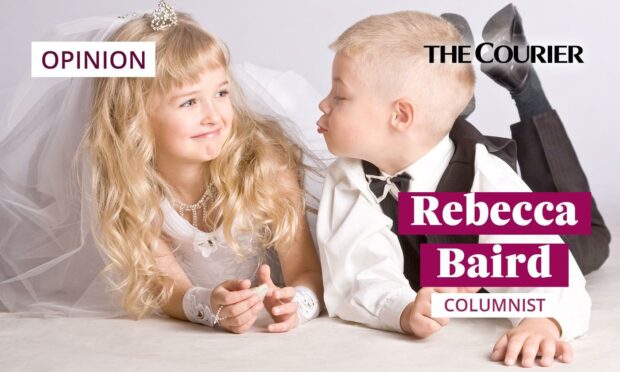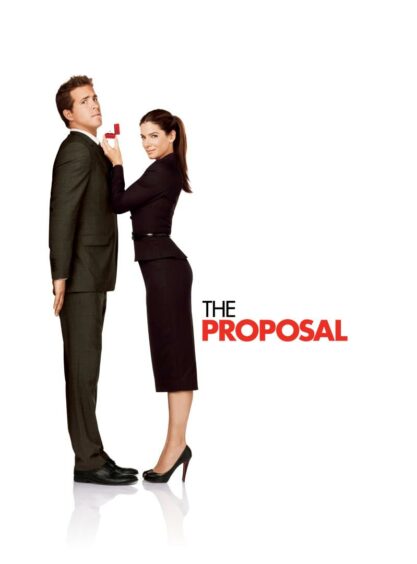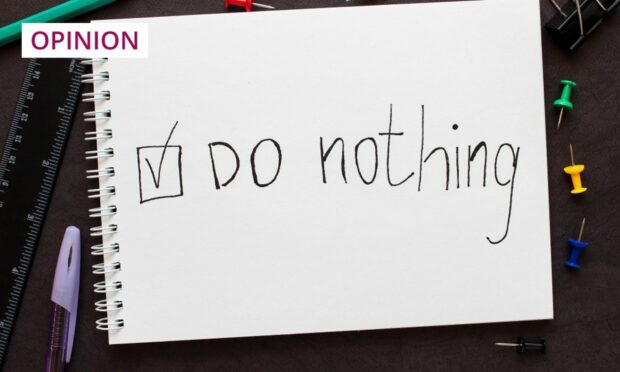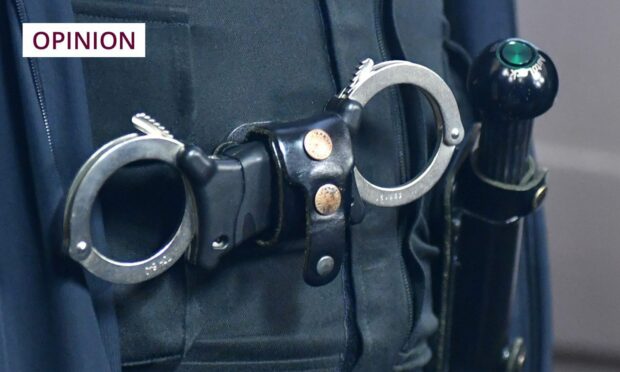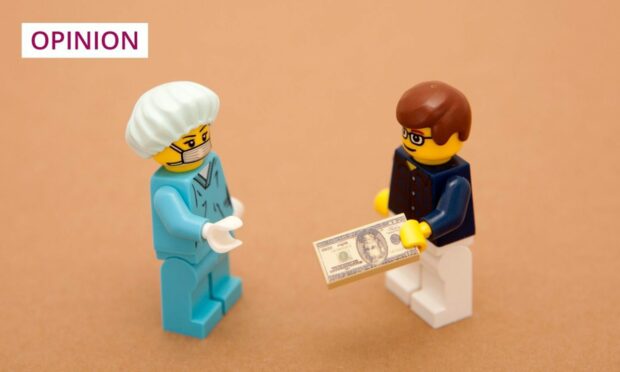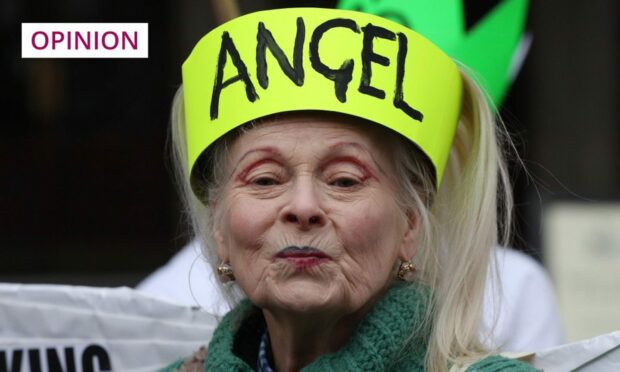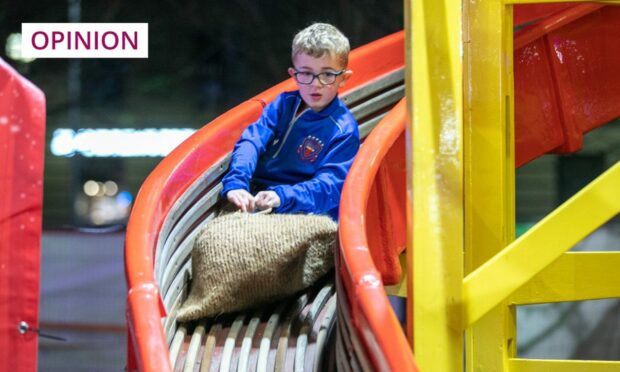“I should just give up and marry my best pal.”
It’s the refrain of wearied online daters, serial monogamists and lovelorn romantics the world over.
The standard fallback pinky-promise of giggling besties, the favourite rom-com set up of the Sandy Bullock/Julia Roberts/Cameron Diaz mob.
We’ve all been there. I know I have.
And not without reason.
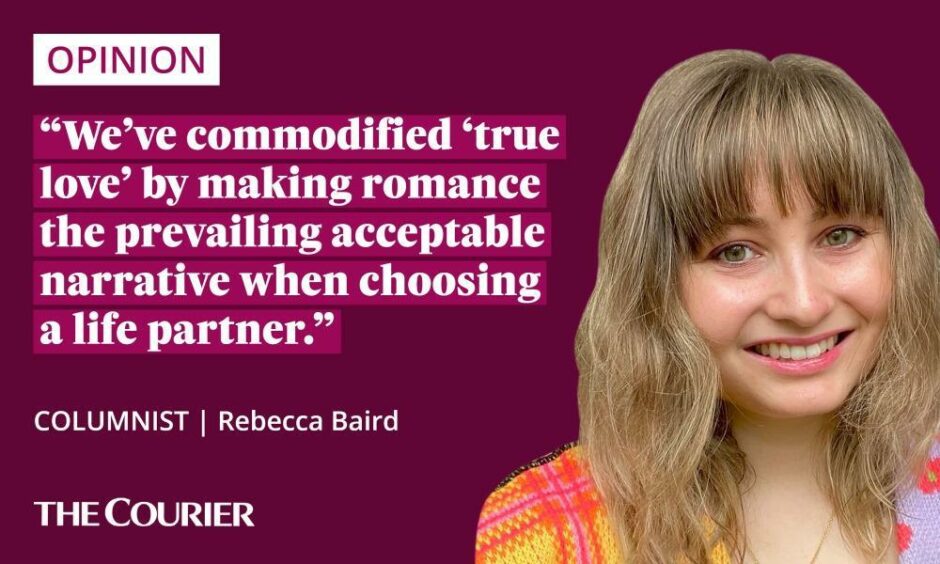
Every diamond wedding story I’ve read in the paper gives a variation on the same advice for a lasting partnership: ‘Passion comes and goes, so marry your best friend.’
But it seems more and more folk are daring to do just that – and skipping dating altogether.
I read a story about rise in platonic marriages yesterday.
It made me smile – a rare instance when reading the news – to realise attitudes to marriage are changing for the better, perhaps for the first time in my life.
Because to me, platonic marriage cracks the code of modern living.
Making marriage modern
I’ve spent a huge part of my early adulthood fretting over failed romances, because I’ve seen them as barriers to things I want out of life – commitment, a warm household, a partner.
Marriage, I suppose. Eugh.
Partly, this is because I’m a huge romantic. I adore the idea of what my beloved Bridgertons would call a ‘love match’.
And you can’t get married if you’re not in love – that would be pointless, right?
Only, love wasn’t always the primary motivation for marriage.
Back in the bad old days, when women were property and had scant rights, marriage was often, as Greta Gerwig’s Little Women puts it, an economic proposition, bringing together two families for the benefit of business and social standing.
A committed, legal partnership, marriage was a tool for social mobility within patriarchal control.
It was, very often, nothing to do with love.
Fast-forward to now and we are lucky enough to live in a society where, in the eyes of the law at least, women and men are equals, theoretically negating the need for people to be married in order to obtain financial security.
Now we are all free to only marry for true love.
Love and marriage, and all the other reasons to get hitched
My question is – in this Noah’s Ark of a world, where systems of infrastructure, economy and society are all set up to cater to pairs, is that really so great?
Marriage has a lot of real-word, practical advantages that are conveniently ignored in the ‘pursuit of true love’ narrative.
It cuts through so much legal and economic red tape around citizenship, housing and child-rearing.
It strips cohabitation of any religious or cultural stigma.
And it creates a sense of emotional security through commitment, and cements relationships as significant.
Yet these benefits have become subject to a sort of love lottery.
We’ve commodified ‘true love’ by making romance the prevailing acceptable narrative when choosing a life partner.
But people, very often, do not fall in love.
I personally have spent much more of my life not falling in love than falling in it.
In fact, the Office of National Statistics estimates more than 10 million Britons will be living alone by 2039 and only one in six believes in ‘The One’.
Hacking Noah’s Ark; not sinking it
So how do we reconcile that with the world we’ve set up for partners? Throw the whole society out and start from scratch?
Seems messy. Plus, despite our best attempts to become hyper-independent, humans are still social animals.
We do, on the whole, quite like having a capital-P Person. Even if that Person isn’t one we sleep with.
This is where platonic marriage comes in.
Maybe your Person is a romantic partner; but maybe it’s a friend you can’t see your future without.
Maybe it’s an ex you have kids with, or a business partner or bandmate, like bashful buddies Bill Nighy and Gregor Fisher in Love, Actually.
Feeling bubbly for platonic love
In fact, if Covid has shown us anything, it’s that we are moving to a future where the notions of ‘households’ and ‘bubbles’ have edged out traditional ‘relationships’ or ‘families’ in the way we approach constructing a life.
During lockdowns, it was the people we shared time, couches and food with, rather than only those we shared blood or beds with, that shaped our days.
People found they could build lives together. Even people that weren’t ‘together,-together’.
So why, when we have come to see the value in so many different types of ‘households’, should we not embrace long-term, committed partnerships outside the bounds of romance?
Some will say that platonic partners taking the plunge can somehow threaten or diminish the sanctity of marriage.
But to that I say that people committing to being there for one another, to making a home or even raising children together without a romantic or sexual component, doesn’t dilute the nature of love; it expands it.
Others will argue such partnerships are ‘placeholders’ for the ‘real thing’; they’ve missed the point entirely.
Because platonic love isn’t a lesser kind; it’s the purest one.
So I’m all for people harnessing it, pairing up and hacking the system.
Now who wants to get married – but like, just as friends?
